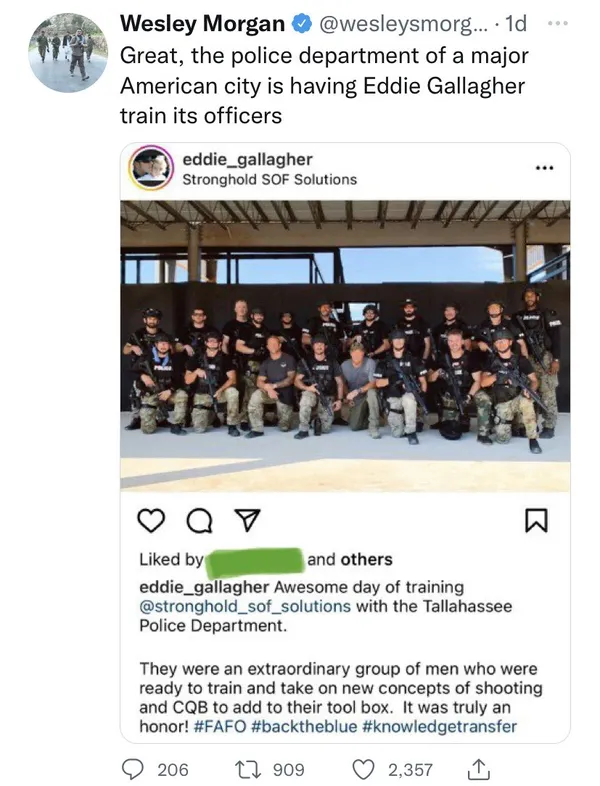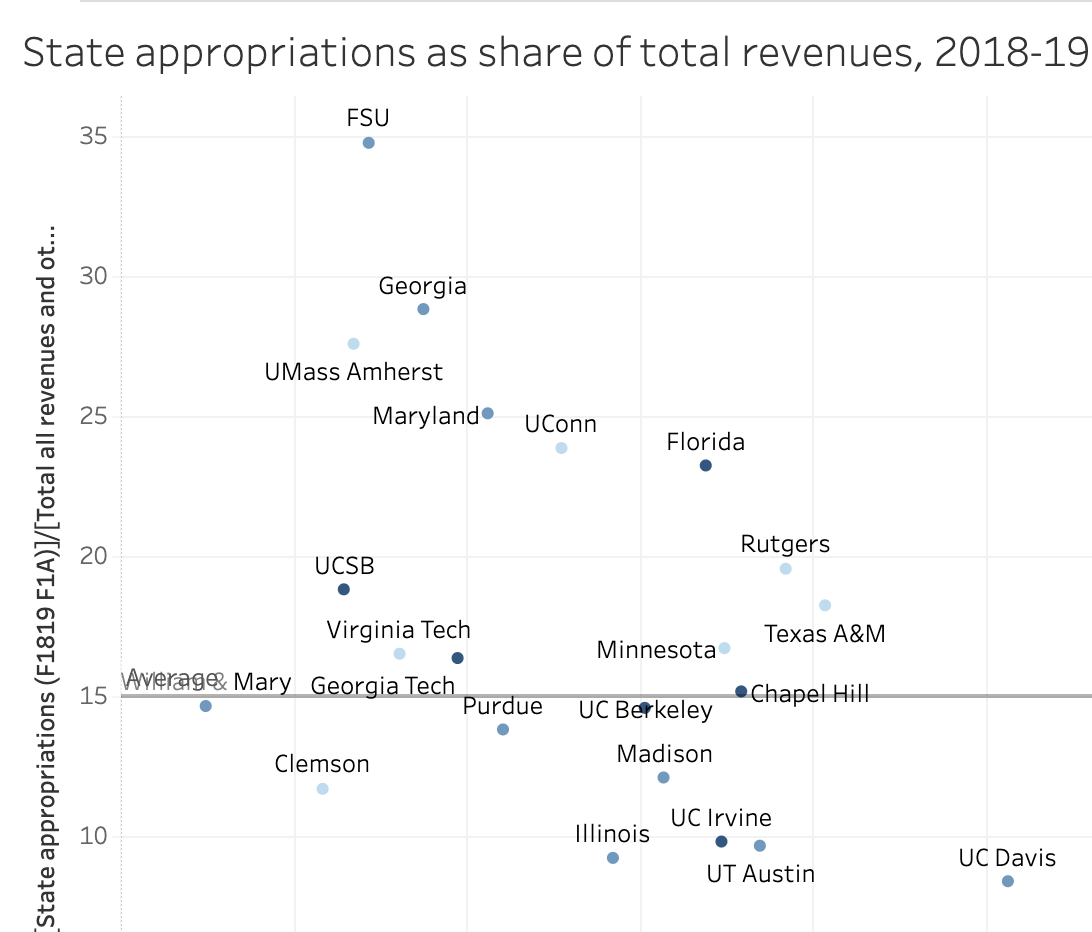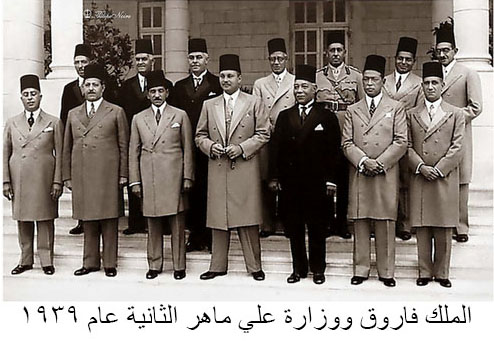
Last month, our city police TAC team received training from a man convicted of an atrocity. The TPD costs local taxpayers more than any other service. They have the power of arrest and the right to use lethal force. Members of the public (those who pay the bills) ought to have the right to ask questions about this and other aspects of our police force.
Unfortunately, many in the police and city leadership do not see it this way. I realized this when I asked about the training at the last City Commission meeting. I was surprised by the reaction of Chief Lawrence Revell. He spoke for 12 minutes in a voice trembling with anger, turning several times to glare directly at me. The first time he interrupted a commissioner, the mayor asked him to stop, but after that he was allowed to talk over our elected officials who are his bosses.
Revell is a grown man with a gun at his belt and a $60 million budget at his disposal. As I watched him talk, I wondered how my routine and predictable question could trigger such a defensive and evasive reaction.
A screenshot of author and journalist Wesley Morgan’s Twitter post on Eddie Gallagher’s training of Tallahassee Police Department officers. The chief attacked his critics but misrepresented our concerns. The problem is not that Eddie Gallagher, the criminal in question, took photos, or that his photos appeared on social media. The problem is not whether TPD contracted or paid the abuser. The problem is not that those who question policy somehow perversely want “Uvalde to happen here” or “another officer’s funeral.”
The problem is keeping bad company when the public has so many questions about police use of force. Gallagher’s presence was no coincidence, and he was never a neutral observer. He markets a warrior brand built in part on his military training, but especially on the wartime atrocities he brags about and on scorn for due process investigations of misconduct.. He embodies the most divisive and militarized approach to policing. Crucially, the phenomenon is not limited to this one man. The culture of combat cosplay, involving alarming ideas about law, race, religion, and gender, haunts city streets and rural compounds. Choosing to associate with representatives of that culture, rather than avoid them, shows poor judgment.
The problem is accountability. Combat culture treats civilians as weak, as dupes, as dummies. It is impossible not to hear its echoes in slippery responses to reasonable questions. After initially denying any connection with “somebody [who] was there that did something that they shouldn’t have done,” the chief changed tack: “Did he provide input? He probably did…” At one point, a commissioner asked him, “the patrol officer is not the one getting that kind of training?” “Correct,” he replied. In fact, the TAC team is made up of officers from various branches, including patrol officers.
There is a deeper problem behind this peevish response to basic input. For years, police and city leadership has rebuffed and ignored critics. When citizens turned to peaceful street protest, they faced overwhelming force, and 19 were arrested. After HB1, no one protests anymore—it’s too dangerous. The Citizen’s Police Review Board can’t get a hearing with the city commission. Commissioners who do not applaud the police get interrupted and scorned.
Earlier in the same meeting, a group of faith leaders shared sobering tales of the cost of gun violence in our city. None of them blamed the police, or even mentioned them. But is it unreasonable to expect our “guardians” to prioritize protecting the people actually dying in Tallahassee? Meeting after meeting, we hear from concerned citizens working to end violence in our community. Are we not ignoring their pleas when we associate with those who glorify it?
The chief began his response to my question by quoting John 8:32 (“The truth will set you free”). I thought instead of Galatians 4:16 (“Have I now become your enemy by telling you the truth?”)
Note: Originally published in the Tallahassee Democrat.

